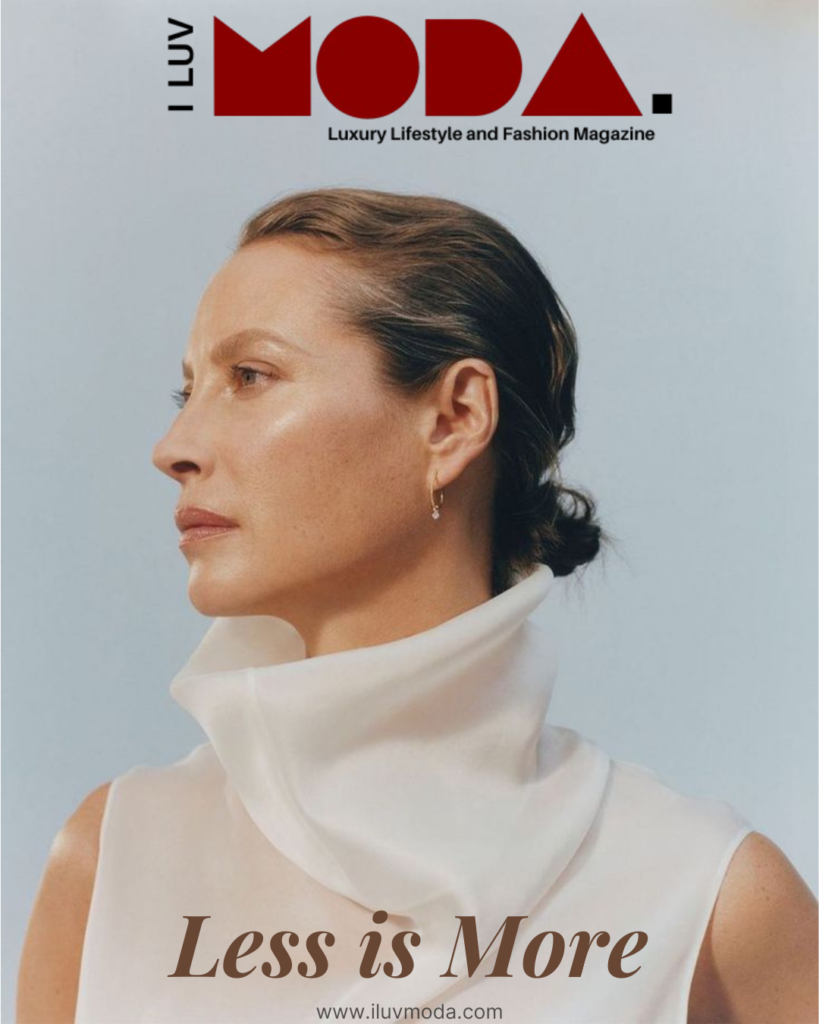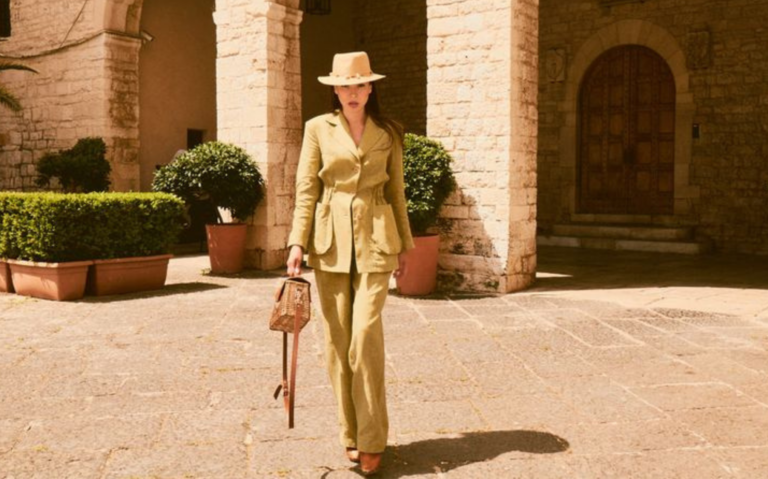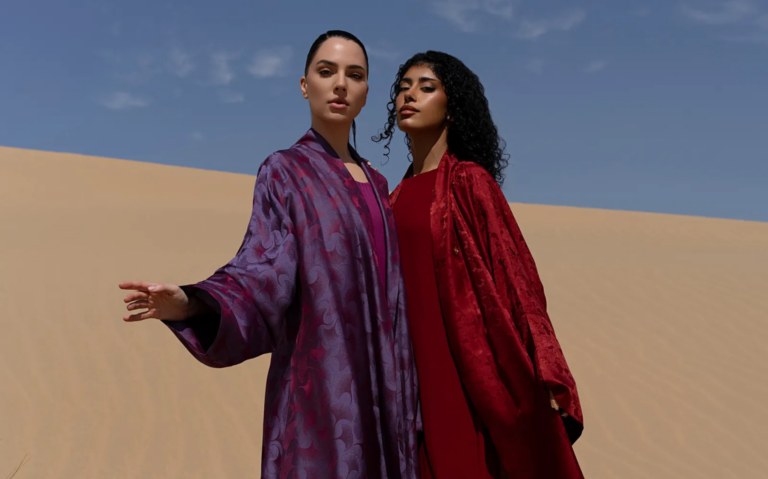Within the cherished confines of my jewelry box resides a pendant of profound significance, a golden rectangle etched with the Ayatul Kursi, a verse from the Holy Qur’an. A gift from my grandmother, it lay dormant until my teenage years, now a daily talisman of faith and protection.
While religious jewelry, particularly those adorned with Arabic calligraphy, experience a surge in popularity during Ramadan, their relevance transcends seasonal trends. The Ayatul Kursi, verse 255 of the Qur’an’s second chapter, known as “The Throne Verse,” serves as a shield against negativity and the “evil eye,” a motif deeply ingrained in Middle Eastern culture.
Historically revered, the verse was inscribed on parchment and stone, carried as a protective emblem during journeys. Today, it inspires contemporary Middle Eastern jewelers, who embellish its sacred script with worldly gemstones. Kamushki, founded by the Libyan Sawedeg sisters, releases a new iteration of their best-selling Ayatul Kursi pendant annually, each a masterpiece of intricate calligraphy and vibrant gems like turquoise, rubies, and diamonds. “Growing up, the Ayatul Kursi was essential to us,” shares Mariam. “It holds deep sentimental value.”
Dania highlights the verse’s psychological impact: “It serves as a divine safeguard, offering protection against negativity.” This Ramadan, they unveil a pendant with brooch-like details, a testament to their signature frame aesthetic. Their designs, inspired by their mother’s vintage jewelry, are styled with modern flair, showcasing the verse’s timeless versatility.
Across the region, designers pay homage to this sacred text. Yataghan jewelry presents a dainty hexagonal pendant and ring, while Le Petit Chato incorporates eye and heart charms. Orchid Jewellery crafts minimalist bracelets, and L’Atelier Nawbar’s vintage-inspired coin pendant, adorned with flowers and bees, reflects the Levantine region’s rich heritage.
“For many, wearing the Ayatul Kursi serves as a constant shield of faith,” explains Dima Nawbar. The brand’s blend of “playfulness, intricacy, and colour” resonates across generations. Tania Nawbar emphasizes the verse’s universal appeal, transcending religious boundaries. “Many cultures around the world believe in warding off the evil eye, making this piece universally appealing.”
Thus, the Ayatul Kursi, a sacred verse, finds its place in the modern world, transformed into wearable art, a testament to faith, protection, and timeless elegance.
Follow us on our instagram page @iluvmoda_ for latest updates and PARTNER WITH US NOW for exclusive features, premium membership benefits and get featured across all our platforms to elevate your brand and reach a global audience!







